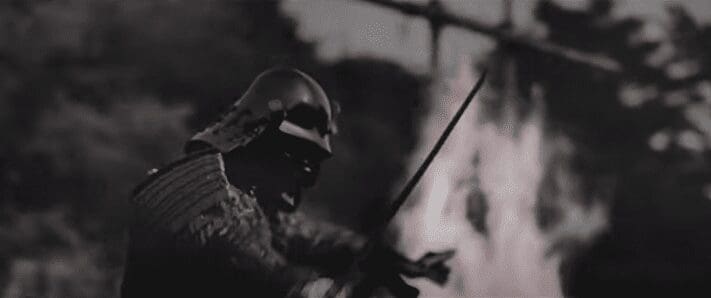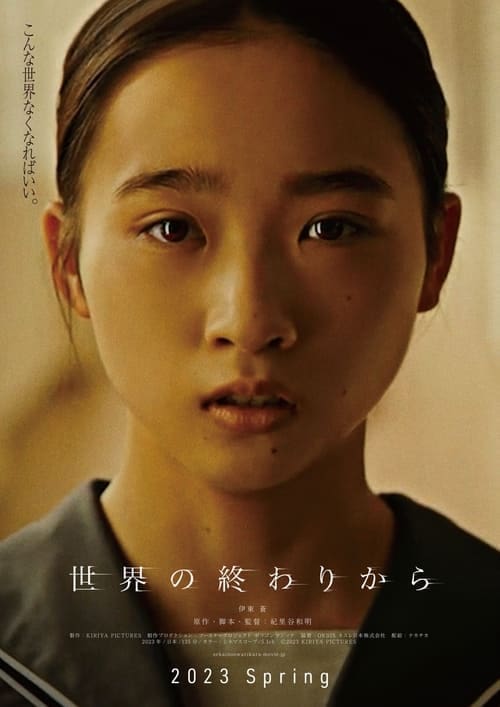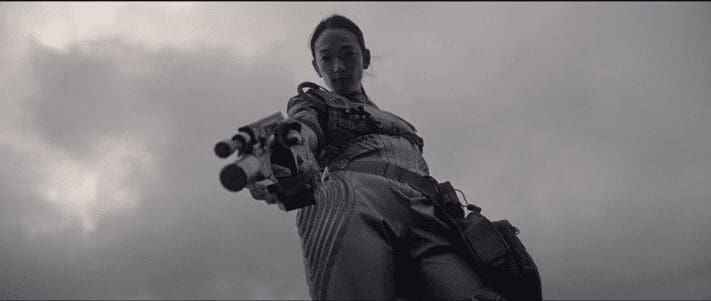
In the realm of cinematic storytelling, there exists a curious phenomenon: the rise, fall, and potential resurrection of auteurs whose creative journeys mirror the very narratives they bring to life on screen. Kazuaki Kiriya, once hailed as a music video wunderkind turned visionary filmmaker, finds himself at a crossroads, where the end of one path heralds the possibility of new beginnings. From the End of the World starring Aoi Ito emerges as both Kazuaki Kiriya’s swan song and a testament to the resilience of artistic expression in the face of uncertainty.
Two decades have elapsed since Kazuaki Kiriya dazzled audiences with his audacious debut, Casshern (2004), a groundbreaking foray into the fusion of anime aesthetics and live-action cinema. Yet, despite the initial awe it inspired, subsequent ventures such as Goemon (2009) saw the diminishing returns of digital maximalism, while Last Knights (2015) faltered in its bid for international acclaim. Now, with the curtain descending on his directorial career, Kazuaki Kiriya presents what he terms his final opus, a cinematic odyssey tinged with apocalyptic hues.

RELATED: Bloodborne Movie Rumors Swirl Around ‘From Software’s Gothic Masterpiece
Enter From the End of the World starring Aoi Ito, a tale set in a near-future Japan, where the destiny of humanity converges upon the slight shoulders of 17-year-old orphan Hana (portrayed with delicate vulnerability by Aoi Ito). Bereft of familial ties, Hana becomes an unwitting protagonist in a cosmic drama when government agents, shrouded in enigma, take a keen interest in her dreams. These nocturnal visions transport her to a realm akin to 16th-century Japan, where peril and prophecy intertwine amidst the shadows of samurai and mystics.
Guided by the spectral figure of an elderly mystic (embodied by the venerable Mari Natsuki), Hana (portrayed by Aoi Ito) embarks on a quest fraught with ambiguity and urgency. Alongside the enigmatic Yuki (brought to life by Mio Masuda), Hana navigates a landscape where the lines between reality and reverie blur, each step bringing her closer to the precipice of cataclysm. At the heart of her journey lies a revelation: within her dreams lie the power to rewrite the annals of fate, to avert the impending apocalypse that looms ominously on the horizon.
The narrative story woven by Kazuaki Kiriya is intricate yet frayed, its threads of logic and coherence stretched thin as the boundaries between worlds dissolve. Echoes of familiar tropes resonate throughout, from the stylized action reminiscent of Assassin’s Creed to the existential angst evoked by Neon Genesis Evangelion. Yet, amidst the labyrinthine plot twists and enigmatic symbolism, a core of emotional authenticity emerges, anchored by Ito’s poignant portrayal of Hana’s (Aoi Ito) inner turmoil and resilience.

RELATED: Jodorowsky’s Dune
Departing from the confines of the digital realm, Kazuaki Kiriya embraces the tactile immediacy of on-location shooting, capturing the visceral energy of each scene through the lens of cinematographer Chigi Kanbe. The result is a cinematic canvas imbued with a raw, DIY aesthetic, its imperfections lending a haunting authenticity to the surreal landscape traversed by its protagonists. Yet, for all its visual splendor, From the End of the World with Aoi Ito grapples with pacing issues, its 135-minute runtime straining against the constraints of its budgetary limitations.
Despite its narrative shortcomings, the film finds redemption in its ensemble cast, whose collective commitment breathes life into Kazuaki Kiriya’s ambitious vision. From the stoic presence of Katsuya Maiguma to the sly charisma of Kazuki Kitamura, each performance contributes to the tapestry of the narrative, while director Shunji Iwai’s tongue-in-cheek cameo adds a touch of levity to the proceedings. Yet, it is Ito who shines brightest, her portrayal of Hana imbuing the fantastical with a grounded humanity that transcends the bounds of genre.
As Kazuaki Kiriya’s From the End of the World with Aoi Ito receives accolades at the 44th edition of Fantasporto, it stands as a testament to Kazuaki Kiriya’s enduring legacy as a purveyor of bold, boundary-pushing cinema. Through its kaleidoscopic lens, the film invites audiences on a journey through time and space, where dreams and destiny converge in a symphony of light and shadow. In the final reckoning, it is not merely the fate of the world that hangs in the balance but the timeless quest for meaning and redemption that lies at the heart of the human experience.
What do you think of From the End Of The World from Kazuaki Kirya? Leave a comment and let us know.
NEXT: Social Media Reacts to The Passing of Legendary Dragon Ball Creator Akira Toriyama

Leave a Reply